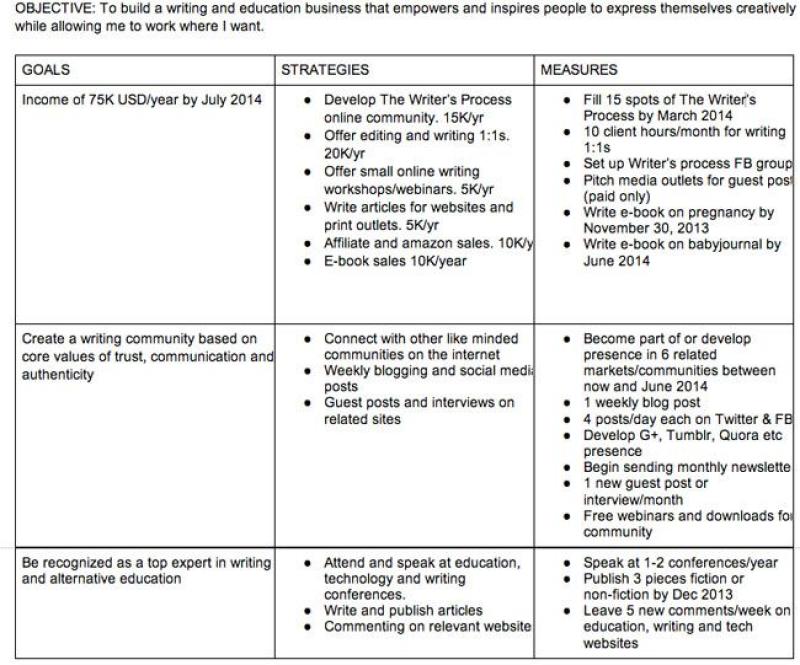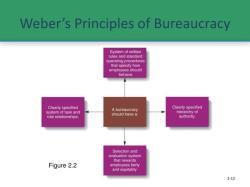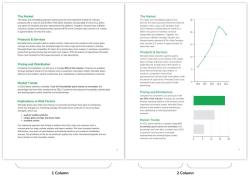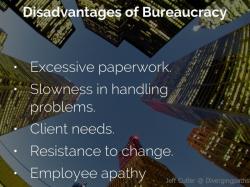What is the goal of business writing?
The goal of business writing is to communicate information clearly, effectively, and professionally in a business context. Business writing encompasses a wide range of documents and communication channels, including emails, memos, reports, proposals, business plans, manuals, and other written materials. The objectives and significance of business writing include:
Clarity and Precision:
- The primary objective of business writing is to convey information in a clear and precise manner. Business documents should be easy to understand, leaving no room for ambiguity or misinterpretation.
Professionalism:
- Business writing is a reflection of professionalism. Using proper language, tone, and formatting demonstrates a level of competence and seriousness in business communication. It helps establish and maintain a positive business image.
Effective Communication:
- The ultimate goal of business writing is to facilitate effective communication. Whether it's sharing information within a team, communicating with clients, or presenting proposals to stakeholders, business writing should convey messages efficiently.
Audience-Centered Approach:
- Business writing aims to address the needs and expectations of the audience. Understanding the target audience is crucial for tailoring the message appropriately, ensuring that it resonates with the readers and meets their informational needs.
Conciseness:
- Business writing values conciseness. It involves conveying information using as few words as necessary without sacrificing clarity. Concise writing is time-efficient and respects the busy schedules of business professionals.
Professional Documentation:
- Business writing often involves creating various documents such as contracts, proposals, and reports. These documents serve as professional records and references, contributing to the formal documentation of business transactions and activities.
Persuasion and Influence:
- In certain instances, business writing is used to persuade and influence. This could include writing persuasive proposals, marketing materials, or reports aimed at convincing stakeholders to take specific actions or make decisions in favor of the business.
Project Management:
- Business writing is essential for project management. It includes drafting project plans, progress reports, and documentation that helps keep team members and stakeholders informed about project developments and milestones.
Legal Compliance:
- Business writing often involves creating documents that adhere to legal and regulatory standards. Contracts, agreements, and compliance documents must be written accurately and in accordance with applicable laws and regulations.
Problem Solving:
- Business writing is a tool for solving problems. It includes the communication of issues, analysis of challenges, and the proposal of solutions. Well-articulated business writing can contribute to effective problem-solving within an organization.
Documentation of Policies and Procedures:
- Business writing is used to document and communicate organizational policies and procedures. This ensures that employees are aware of the guidelines and expectations, contributing to a well-organized and smoothly functioning business environment.
In summary, the significance of business writing lies in its ability to facilitate effective communication, support decision-making, maintain professionalism, and contribute to the overall success and efficiency of business operations. Clear and well-crafted business writing enhances understanding, builds trust, and supports the achievement of organizational goals.
Objectives and aims pursued through the practice of business writing
The practice of business writing aims to achieve various objectives, ultimately contributing to the overall success of an organization. Here are some key goals and aims:
Clarity and Conciseness:
- Effective communication: Business writing strives to convey information clearly, concisely, and accurately to the intended audience. This ensures messages are understood without ambiguity, saving time and preventing misunderstandings.
- Professionalism: Clear and concise writing projects a professional image, fostering trust and confidence in the organization and its messages.
Persuasion and Action:
- Driving desired outcomes: Business writing seeks to persuade readers to take specific actions, such as making a purchase, investing in a project, or changing their behavior. This requires crafting compelling arguments and calls to action.
- Building relationships: Engaging and persuasive writing can build rapport with stakeholders, customers, and partners, strengthening overall relationships and fostering collaboration.
Information Management and Decision-Making:
- Presenting complex information: Business writing often involves presenting complex data and concepts in a way that is easily digestible and understandable. This facilitates informed decision-making by providing clear insights and analyses.
- Record-keeping and documentation: Business writing plays a crucial role in documenting important information, agreements, and processes. This ensures transparency, accountability, and facilitates future reference.
Branding and Reputation Management:
- Communicating brand identity: The tone, style, and language used in business writing contribute to shaping the organization's brand image and reputation. Consistent and effective communication reinforces desired brand values and messaging.
- Maintaining professionalism: Clear, error-free, and well-structured writing reflects professionalism and attention to detail, further enhancing the organization's image and credibility.
Overall, the ultimate aim of business writing is to achieve organizational goals through effective, persuasive, and clear communication. By mastering the art of business writing, professionals can contribute significantly to the success of their organizations and build impactful relationships with stakeholders.
I hope this overview provides a helpful understanding of the objectives and aims pursued through business writing. Please let me know if you have any further questions or would like to delve deeper into specific aspects of business writing practices!













